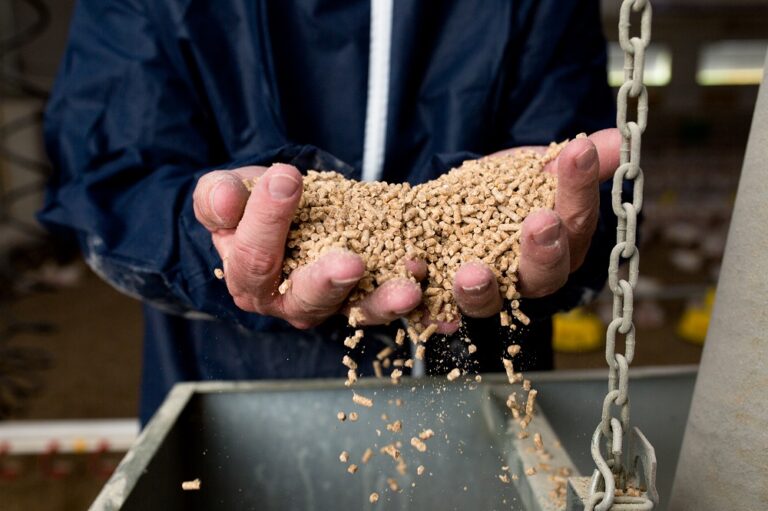Major players across the UK food supply supply chain have joined forces to commit to more sustainable sourcing of soya by 2025.
UK industry leaders from 27 major businesses, including all the biggest UK grocery retailers, some meat producers, including Cranswick and Pilgrim’s UK, and prominent food service companies and brands, such as Danone, Nestle, Nando’s, KFC and McDonald’s, have signed the UK Soy Manifesto.
This commits the signatories, representing nearly 2 million tonnes of soy purchases each year and nearly 60% of the UK’s total consumption, to cutting deforestation and habitat destruction out of UK soy supply chains as soon as possible, and by 2025 at the latest.
In order to ensure rapid progress towards this goal, all signatories have agreed to:
- Set a robust deforestation- and conversion-free commitment, so no soy arriving in the UK is responsible for habitats being cleared for agriculture after January 2020.
- Ask direct suppliers to adopt the same commitment, and require that of their suppliers as well.
- Write Manifesto commitments into contracts and supporting suppliers to ensure targets are met.
- Publicly share details of their progress
- Support improved reporting, in order to check that soy coming into the UK is not responsible for deforestation or destruction of other ecosystems.
You can learn more about the UK Soy Manifesto, HERE
UK industry has already started to take action to protect forests and other natural ecosystems by improving transparency and information sharing throughout UK soy supply chains and driving increased use of certification to support sustainable soy production in South America. But there is a shared recognition of the need to take more ambitious action, faster and at scale.
“Mainstream transformation cannot be achieved by companies working on their individual supply chains alone. Businesses across supply chains, as well as soy producers, must take responsibility and act together,” the industry leaders said in a joint statement.
“Global markets need to provide financial incentives and technical support to boost sustainable production. Governments in producer and consumer countries and regions also have an important role to play.”


